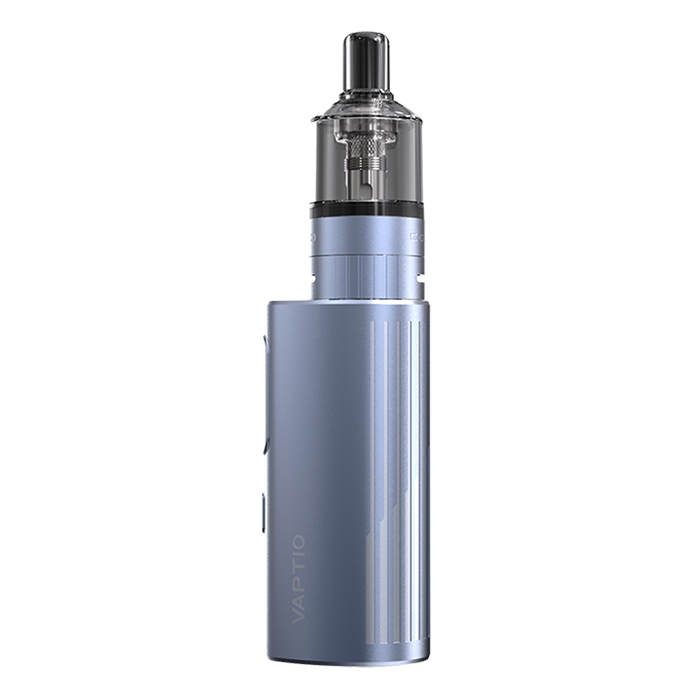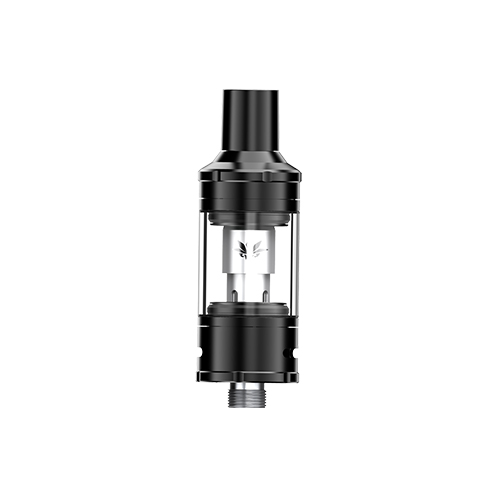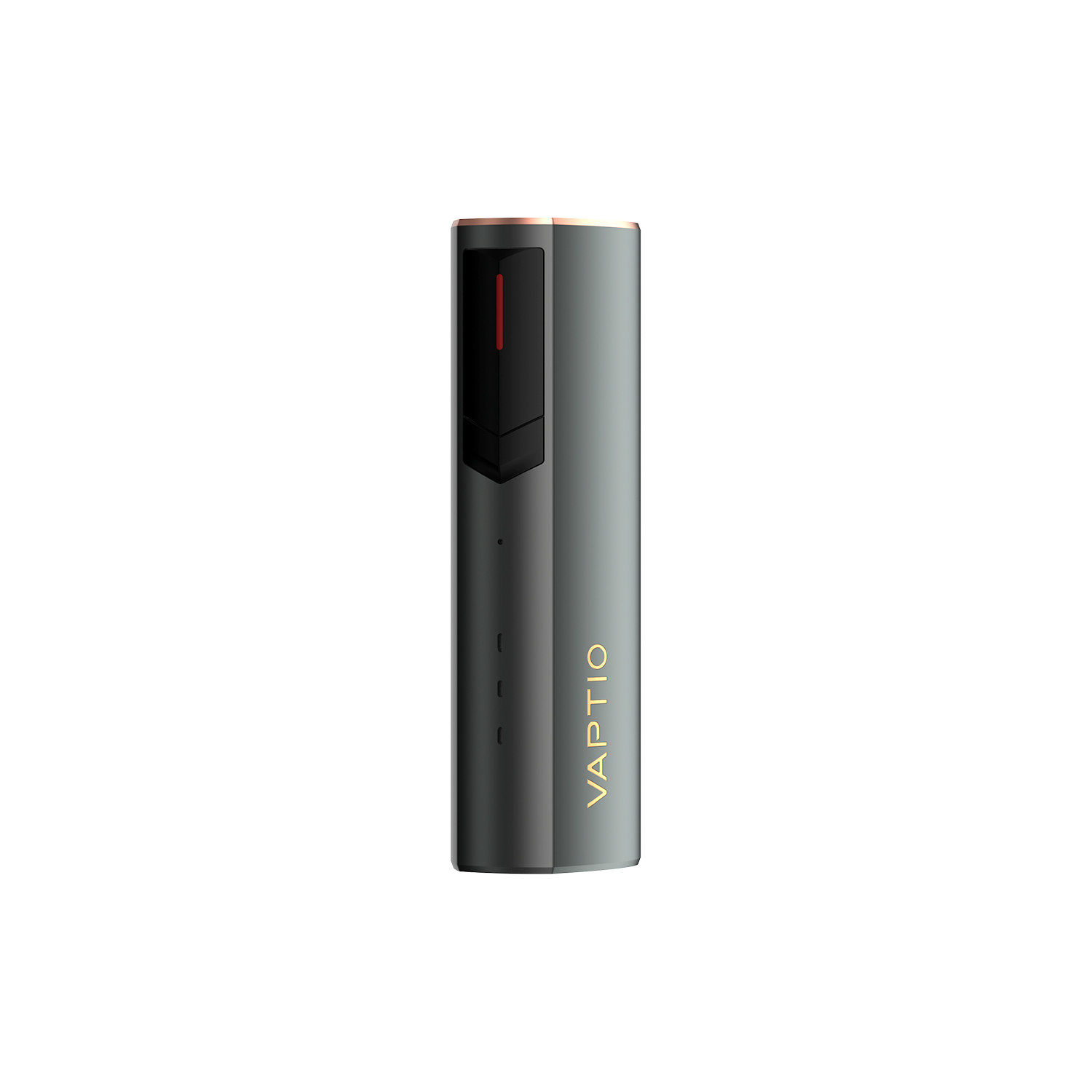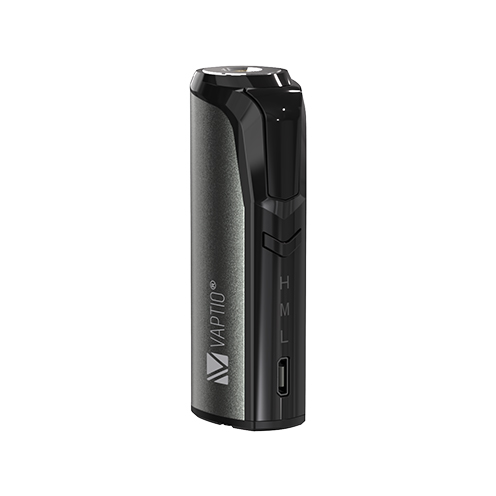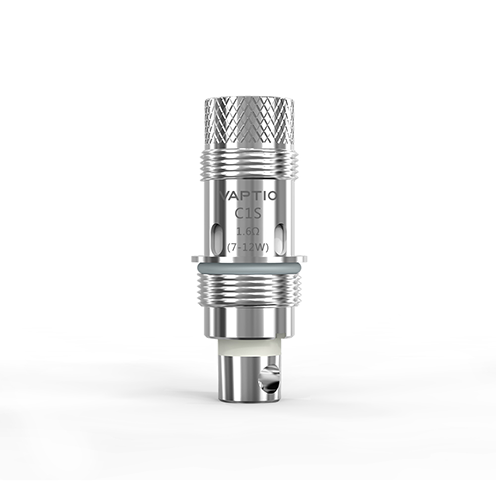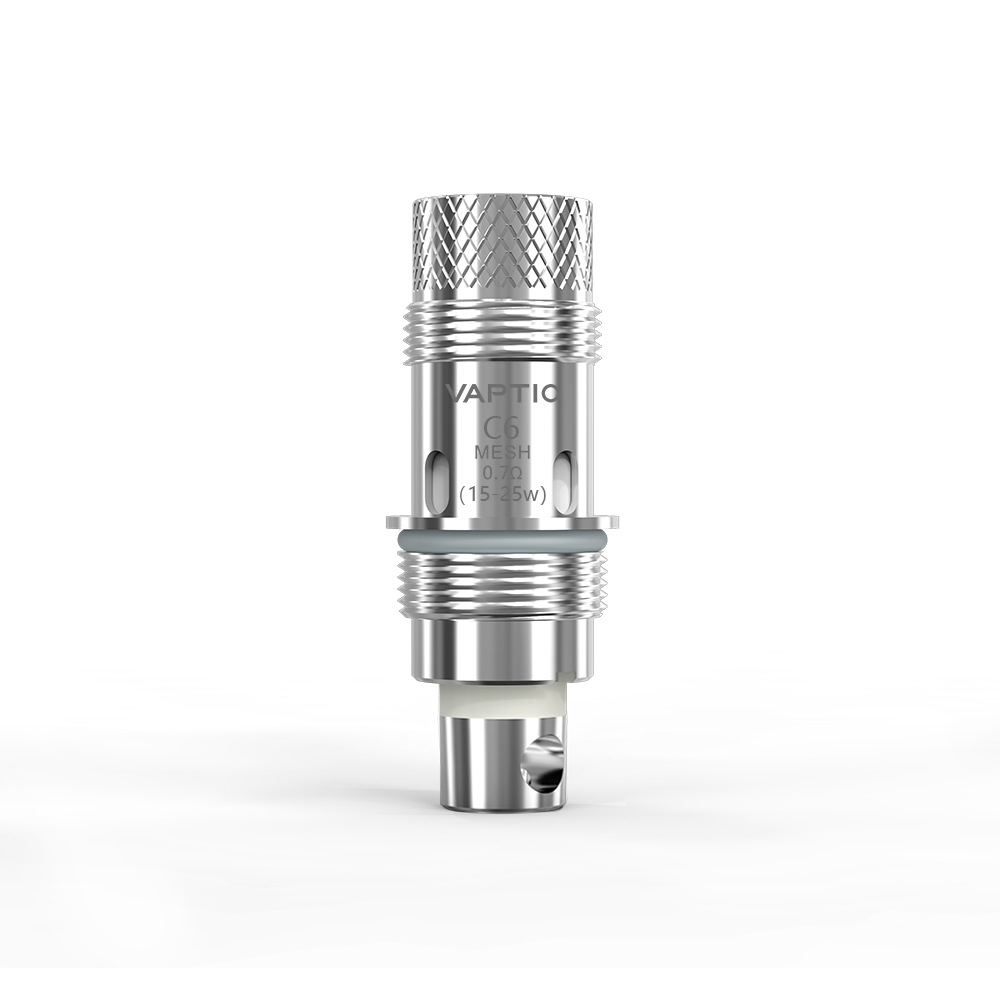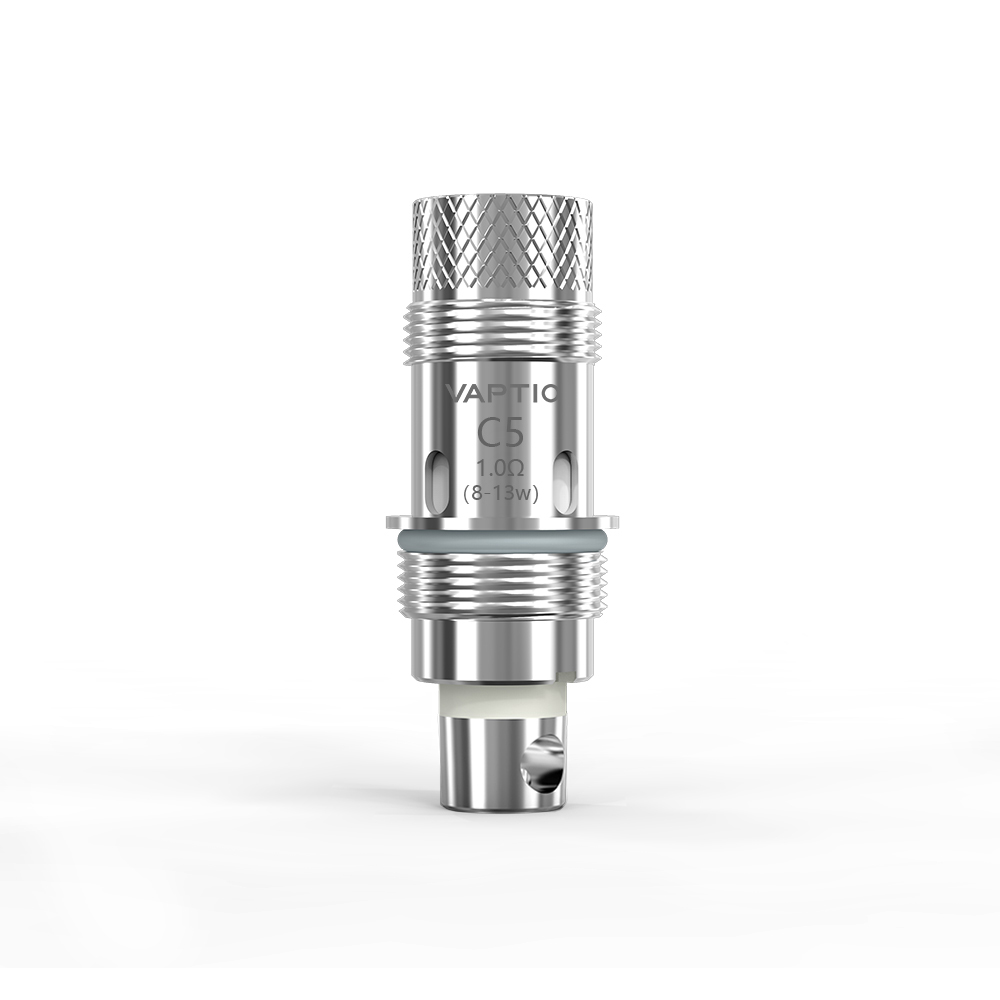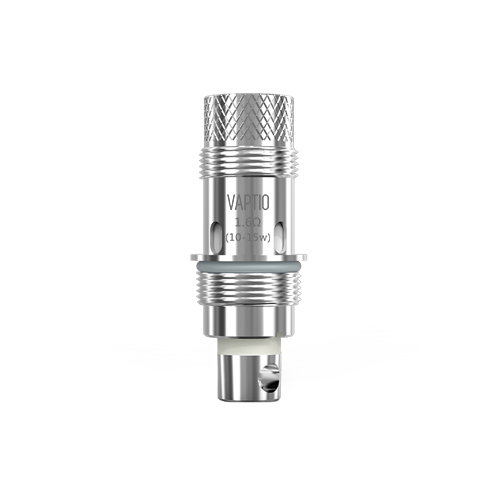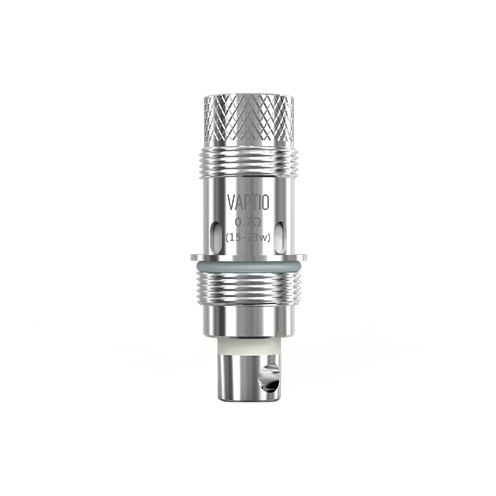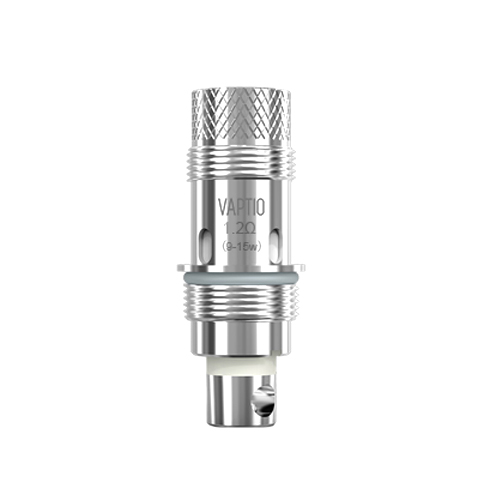In 2016, the Cancer Centre at the University of Hawaii claimed to have found evidence proving vaping is a gateway for teens into smoking. It followed on the back of the first ban in the United States, where the state prohibited under-21s from owning or using electronic cigarette equipment to put the brakes on “out of control vaping”.
Professor Michael Siegel stated their results provided no evidence of any kind of relationship [link].
Frothing had reached fever pitch the next year. “Pick a popular spot for teens,” ran a television news article, “and you're likely to see them: E-cigarettes, being passed around like a bag of chips.” [link]
A couple of years on, the University of Hawaii’s Wills, Paganoa, Williams, and Tam were claiming their latest work was, “the first study to show a significant independent association of e-cigarette use with chronic respiratory disorder.”
They went on to say their findings also poured cold water on vaping “being used for smoking cessation by persons with existing respiratory disorder”.
Californian loon Stanton Glantz proclaimed the study to be ground-breaking. If that wasn’t enough to damn the work, Professor Michael Siegel pointed out that the authors ignored reporting any improvement in COPD as a result of smokers switching to vaping.
“It is biologically implausible that vaping for a few years can cause emphysema or chronic bronchitis. The unsupported, sweeping, hysterical conclusions being drawn from these studies are not just scientifically poor, they are causing harm to the public's health as well.” [link]
In March this year, politicians were seeking to ban the sale of flavoured vape products online or from stores, make a criminal out of anybody from eighteen to twenty-one years of age found to be carrying a vape device, and force schools to be responsible for collecting the then illegal devices and liquids.
By July, legislators had voted to push ahead with a bill [link] banning flavoured juices, criminalising vapers, and establishing a “tobacco education program” for miscreants seeking to use nicotine in reduced harm products.
Not content with corrupting science and promoting baseless lies about tobacco harm reduction, they are now going after Sylvia Luke, a member of the state House of Representatives.
Hawaiian media is reporting that she received $19,800 in campaign donations from tobacco companies and tobacco lobbyists. They are claiming that this was the reason she opposed anti-vape legislation in her position on the House Finance Committee.
The fact that these were legal donations and were declared in line with the regulations doesn’t seem to matter. What makes the situation even odder is that Luke actively supported the recent hard-line stance.
“We’re hoping that stronger, tougher penalties and confiscation is really the approach we need to take because we need to send a strong message,” she announced to waiting cameras after the July vote.
The only thing that is clear is that Hawaii stands to benefit from increased cigarette sales and truth no longer matters where vaping is concerned.
News from: https://www.planetofthevapes.co.uk/news/vaping-news/2020-11-04_hawaiian-corruption-smear.html






